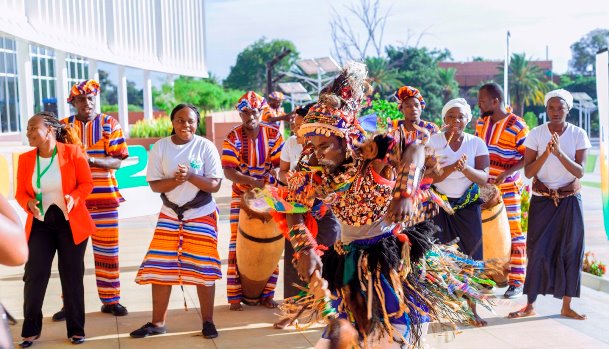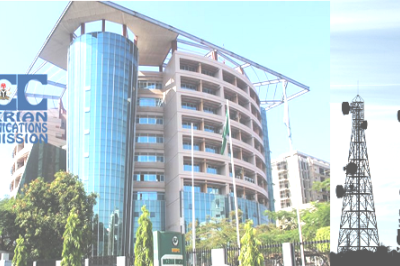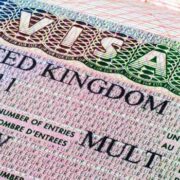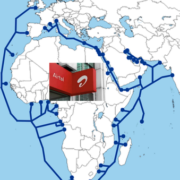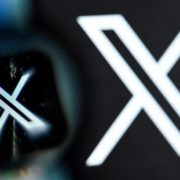Paradigm Initiative (PIN), a leading pan-African non-profit, unveiled the 2024 Digital Rights and Inclusion in Africa Report – Londa at the Digital Rights and Inclusion Forum (DRIF) 2025, held from April 29 to May 1 in Lusaka, Zambia.
RELATED: PIN anchors conversations on digital policy in Africa in Accra
The report introduces a new Score Index, ranking 27 African countries on their compliance with digital rights and key human rights standards as defined by the African Commission on Human and Peoples’ Rights Declaration. A copy of the report can be accessed here.
South Africa Tops Digital Rights Score Index
South Africa leads the 2024 ranking for digital rights compliance, followed closely by Ghana, Zambia, Namibia, and Rwanda. Nigeria, Senegal, Malawi, Tunisia, and Kenya complete the top 10. The new Score Index highlights performance across areas like freedom of expression, access to information, and protection from online abuses.
Internet Shutdowns Rise Across Africa in 2024
The report reveals that internet disruptions became more frequent in 2024, largely due to poor infrastructure and deliberate government actions. Countries affected include Comoros, The Gambia, Kenya, Mauritius, and Mozambique. While The Gambia’s outages were attributed to undersea cable failures, other nations experienced state-sanctioned shutdowns, signaling increasing government control over digital access.
“The marked increase in internet shutdowns reflects a growing disregard for international human rights obligations,” the report warns.
Barriers to Access: Data Costs, Gender Inequality, and Legal Gaps
The Londa 2024 report also shines a light on several persistent challenges across the continent:
- High cost of data, particularly affecting women’s access to the internet.
- Criminalisation of false news, contrary to international standards promoting civil remedies.
- Absence of legal frameworks to combat online gender-based violence.
- Lack of child online safety policies, with most countries relying on outdated child protection laws.
In contrast, countries like Somalia are making strides in improving affordable internet access, while others like Kenya have seen regression.
DRIF 2025: Global Voices Unite for Digital Rights
Held at the Mulungushi International Conference Centre (MICC) in Lusaka, DRIF 2025 attracted over 1,300 participants from 65 countries, including UN agencies, policymakers, tech companies, civil society groups, academia, and the private sector. Themed “Promoting Digital Ubuntu in Approaches to Technology,” the forum provided a powerful platform for shaping Africa’s digital future.
Key speakers included:
- Hon. Felix Mutati, Zambia’s Minister of Technology and Science
- Advocate Pansy Tlakula, Chairperson of South Africa’s Information Regulator
- Usama Khilji, Executive Director of Bolo Bhi
- ‘Gbenga Sesan, Executive Director of Paradigm Initiative
- Beatrice Mutali, UN Resident Coordinator in Zambia
Session Highlights, Film Launch, and The PIN Story
DRIF 2025 featured 122 sessions—from workshops and panel discussions to tech demos and lightning talks—selected from 345 proposals, a significant increase from 2024’s 80 sessions. The event also marked the premiere of “Whispers in the Wires”, PIN’s fifth short film based on the 2023 Londa Report, and the launch of the book “The PIN Story: A Work in Progress,” chronicling the organisation’s journey from a Lagos cybercafé to a continental voice for digital rights.
A Platform for Digital Rights and Inclusion
With support from sponsors including the Ford Foundation, Luminate, MacArthur Foundation, Meta, Google, Wikimedia Foundation, and others, DRIF continues to serve as the leading platform for conversations around data protection, AI, digital inclusion, cybersecurity, and human rights in Africa’s digital age.
PHOTO: A dancer performing at the Digital Rights and Inclusion Forum (DRIF) in Lusaka, Zambia.

